Harbor Light
42590 Stepnitz Drive
Clinton Township, MI 48036
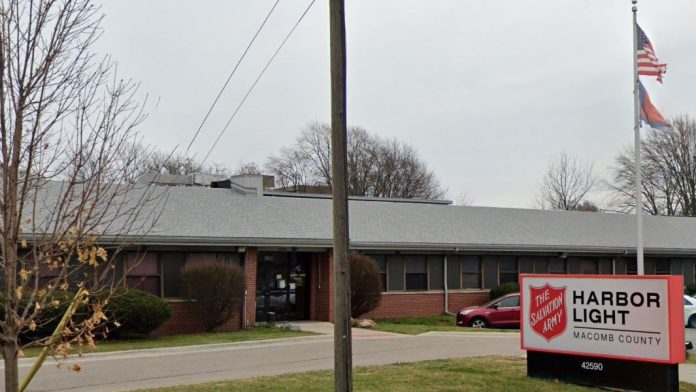
About Harbor Light
Salvation Army Harbor Light Macomb Campus provides detox, inpatient, and outpatient care for individuals suffering from drug use disorders in Clinton Township, Michigan. Their comprehensive inpatient residential addiction treatment program provides a wide range of early recovery support programs. During the detox stage clients receive a physical exam, go through drug screening, and are referred to next level care.
Food, shelter, and support are provided to individuals admitted to the residential inpatient program to help them on their path to sobriety. This includes spiritual counseling and support groups. In addition to case management and legal assistance, their outpatient programs assist women and children who have been abused. This includes helping clients with utilities while they work toward independence after recovery transition services for veterans and short-term housing.
Including suboxone, they provide medication assisted treatment (MAT) during their three to five day detox. They offer peer support family therapy, individual, and group therapy and residential treatment lasting between thirty and ninety days. They provide daytime evening and weekend sessions with flexible outpatient schedules. To help you reach your recovery objectives, case management makes connections with extra supportive services.
They respond quickly around the clock to walk in patients’ needs and referrals who are prepared for treatment. Services are provided for male and female adults physically and mentally able to participate in the program. They provide a continuum of care that is tailored to meet the specific needs of each client with the goal of self sufficiency and sustainable sobriety.
Their other services include nutritional support, round the clock access to a care team, and medical appointment coordination and transportation. They do not accept patients who are psychiatrically unstable or have any communicable diseases. They respect the relevant federal civil rights laws and refrain from discriminating against people based on their race, color, and national origin as well as age or sex.
Amenities
Recreational therapy uniquely combines therapeutic interventions with an activity, like horse-riding, hiking, wilderness therapy, basketball, tennis, or a full workout. Benefits of recreational therapy include providing a healthy way to work through the emotions of recovery, learning to build and maintain relationships, improving communication skills, and building self-esteem.
In order to maintain a sense of autonomy, many private rehab facilities offer clients the ability to choose their own private rooms. The privacy and personal space ensure that the recovery process is as comfortable as possible.
Residential drug rehab provides the comforts of home with the therapeutic support needed to successfully recover. Benefits of an inpatient program include increased safety, a higher success rate, and the time and distance given to focus on recovery. Residential drug rehabs are often the preferred method of treatment, as they can be tailored to meet specific needs, offer focused therapeutic care, and provide the necessary tools to sustain recovery.
Addiction Treatment Programs
The backbone of most alcohol rehab in Michigan is a combination of individual and group therapy methods. Through these sessions, individuals learn how to address issues contributing to addiction and develop healthy lifestyle habits.
Each opioid rehab in Michigan is unique, but most consist of several key steps: admission, detox, addiction therapy, specialized care, and aftercare. Professional staff evaluate each person’s needs to recommend treatment duration and specific therapies.
Drug rehab in Michigan typically involves several phases. Individuals start with assessment, then move through the stages of detox, rehab, and aftercare. These programs can last for one week to one year.
Through rational emotive behavioral therapy in Michigan, participants identify unhealthy beliefs and replace them with healthy ones. This relieves emotional distress and frees the person to move forward with better decision-making for their recovery journey.
During cognitive behavioral therapy in Michigan, participants do more than talk with their therapists. This is an engaging, hands-on approach that requires active participation. Individuals work with their therapist to change their thought and behavior patterns to overcome addiction.
No single adult program in Michigan is right for everyone. That’s why each program is tailored to meet the needs of the individual. Common aspects to an adult rehab program include individual counseling, group therapy, and aftercare support.
A young adult program in Michigan specializes in treatment tailored to individuals in this stage of life who are suffering from substance use disorder. Treatment addresses addiction and the challenges related to young-adult life.
Women’s rehab in Michigan offers a full continuum of care for women seeking treatment for addiction. Programs range from intensive inpatient care to aftercare services.
During men’s rehab in Michigan, individuals spend a significant amount of time in therapy. This gender-specific treatment gives men the tools they need to cope with stress and live without drugs and alcohol.
Levels of Care
Acting as a bridge between rehab and the rest of your life, sober living in Michigan can be very beneficial. This drug-free residential setting provides structure and teaches responsibility. You’ll receive peer support and strengthen skills you learned in rehab. Once you feel ready to live on your own, you can transition from sober living to independent housing.
Inpatient drug rehab in Michigan offers multiple forms of evidence-based treatments and complementary therapies you must particiapte in while living at the facility. Some inpatient rehabs offer nutritional counseling, recreational therapy opportunities, and meditation classes.
Outpatient rehab in Michigan is tailored to each person’s recovery journey. This treatment usually involves several hours of therapy sessions each week, along with attendance at support group meetings. However, the timeline varies from a few weeks, to months, to years, based on your needs.
When you enter drug rehab in Michigan, you’ll start with detox. This process includes round-the-clock supervision and medical care, to slowly and safely remove toxins from your system. It may include the use of medications to ease withdrawal.
Aftercare rehab in Michigan helps you overcome hurdles after completing an addiction treatment program. You can receive assistance with finding a job, navigating legal issues, getting education, or plugging into a support group. These aftercare services unlock resources to help you continue to live a sober life.
A dual diagnosis treatment center in Michigan allows you to get treatment for substance abuse and mental health disorders at the same time. This is critical, because untreated mental health disorders often lead to relapse and poor recovery outcomes.
Accreditations
Contact Information
Nearby Treatment Centers
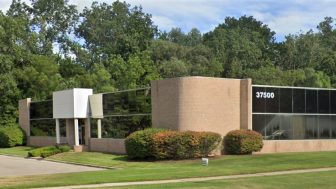
37500 Garfield Road
Suite 175
Clinton Township, MI 48036
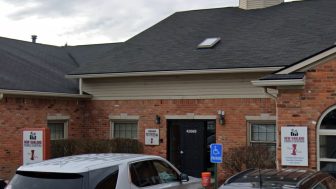
42669 Garfield Road
#326
Clinton Township, MI 48038
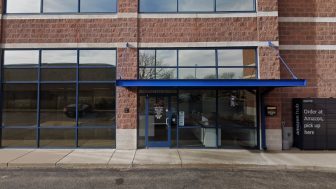
33985 Harper Avenue
Clinton Township, MI 48035
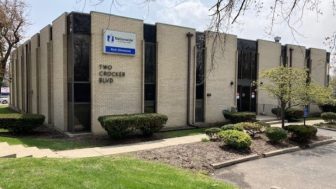
2 Crocker Blvd
# 101
Mount Clemens, MI 48043